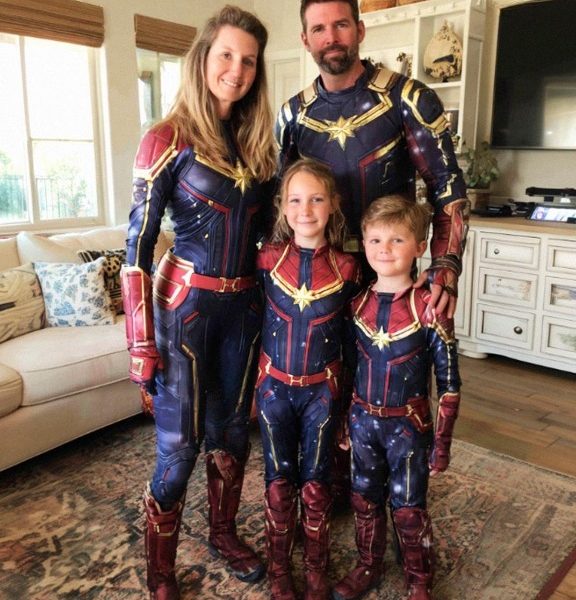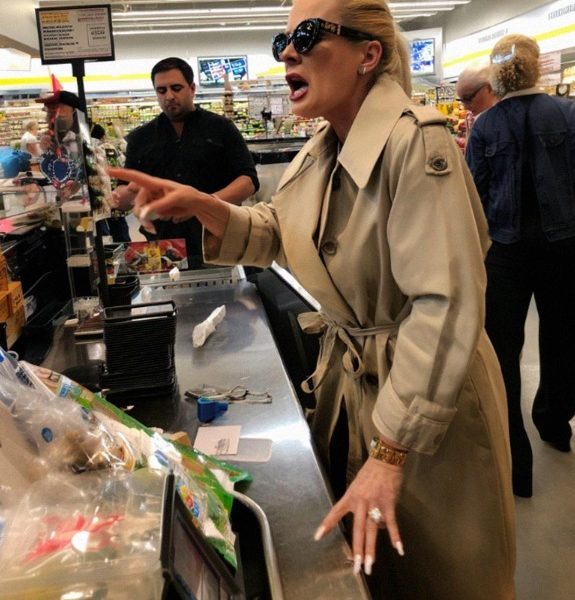So this is how it ended for Franklin Saint (Damson Idris).
Snowfall concluded this week with a stellar, wholly unpredictable finale that subverted all expectations of the series or the genre itself. Replete with a sly wink at John Singleton’s legacy, via a glimpse of a movie being shot in the early ‘90s, Snowfall ended with poetic justice for its protagonist/arch villain Franklin Saint––and made a case for being one of the best TV crime dramas ever.
We all know the adage: this life ends with Black men either dead or in jail. That’s been the standard in similar stories from Scarface to Power to Breaking Bad. We know the leads’ fates as soon as they sell that first bag. Franklin surviving but being a prisoner to his own mind was a surprising, savvy choice that’s further proof of how thoughtful and deliberate Snowfall was. For Franklin, for all the real-life dealers he represented, death or jail wasn’t sufficient punishment. No, he would serve his sentence in the hell he created. When we last see him wandering the streets and abandoned by everyone who loved him, looking exactly like the zombie he turned so many into, became the final, bitter but witty irony indicative of Snowfall’s smart approach.
Snowfall subverted expectations veritably from the beginning. It dodged tropes––Wanda’s (Gail Bean) arc from junkie to peace and empowerment being one good example––and formulas in favor of a slow-burn, meticulous exploration of a man’s descent.
“What the show does,” Singleton said in 2017 when Snowfall premiered, “is it shows what the hood was or South Central was like before crack. Before people had bars on their homes, when kids could play on the street. The effects of these events are still reverberating in these times.” Singleton had a vision, one that told a very specific story rooted in many actual truths and stories that hadn’t been told but needed to be.
FX should be commended for investing in this thoroughly Black story for six seasons––a story that Black folks had only previously either seen firsthand, like Singleton, or heard in barbershops and rap songs and neighborhood kickbacks. Nearly every Black person of a certain age had heard about the links between the CIA, the Iran Contras, and the dope boys; stories told piecemeal, of dubious credibility, and with paranoid conspiracy conviction. Singleton’s vision put an oral history on pen and paper and screen, depicting what he saw firsthand in his own community and leaving it there for everybody to see long after he was gone. Further kudos must be extended to the creative team, which had the unthinkable task of finishing Singleton’s vision after his unexpected death––to see to it that his story would still get told without him.
Snowfall was as much about the crack game as it was faithful to the genre. Like the best drug dramas, Snowfall was a study of human behavior, and how our worst impulses become exacerbated by wealth and power, greed, unchecked ambition, ego, and hubris. Think about how many of Franklin’s terrible choices were rooted in pride rather than money or drugs, really: his resentment towards Jerome (Amin Joseph), his incredulousness at Louie for (Angela Lewis) for challenging him, his shock that Veronique (Devyn A. Tyler) question his judgment, his bitterness that his mother Cissy (Michael Hyatt) show anything but appreciation, even as bodies kept dropping and walls kept closing in.
Snowfall’s disparate, wholly individual and complex characters were all, in their own ways, representative of the spectrum of Black identity. We saw working professionals, activists, back-to-Africa proponents, gangsters, pimps, and thugs; we saw entrepreneurs, old-timers, young bucks, and goofballs. We saw a whole community. We saw ourselves in our totality, in our complexity, nuances and contradictions.
Anchored with exceptional acting from every member of the cast, disciplined, methodical writing, inventive directing, and skillful period costuming, Snowfall will remain a kind of case study on how to do a drug/crime drama right. Many people have rightly griped that its lack of awards recognition seems unfair or criminal, and they’re right. One has to wonder how Singleton, who was nominated for an Oscar (Boyz in the Hood) and Emmys (The People vs O.J. Simpson and a documentary on the L.A. riots) but not a winner, would feel about that, now that Snowfall has ended. Likely he would be unsurprised, indifferent that white governing bodies and organizations missed what was not for them in the first place. What he left behind was far more important: an in-depth study of a world and people that hadn’t been seen, and deserved to have their stories told. Snowfall broke the mold and created an entirely new one for countless storytellers to come, making its rewards greater than any award ever could be.



